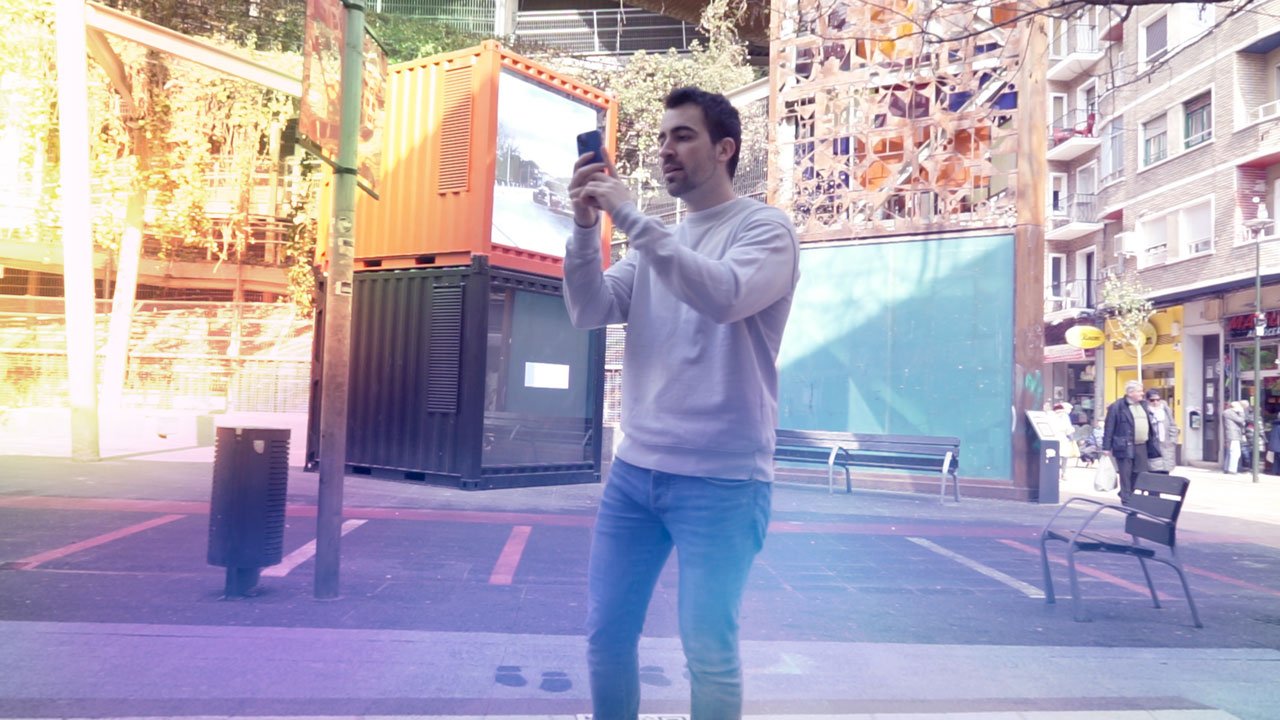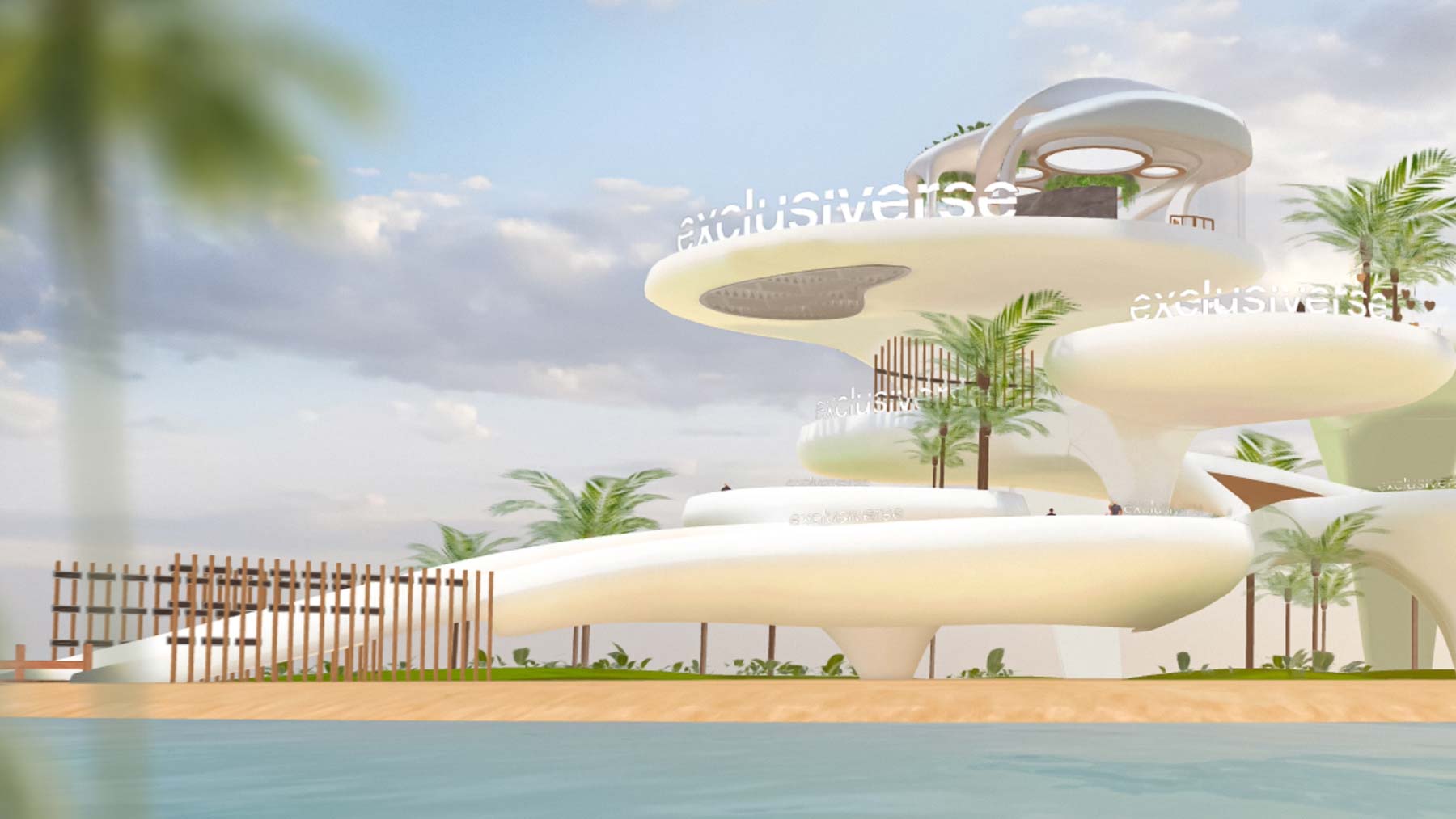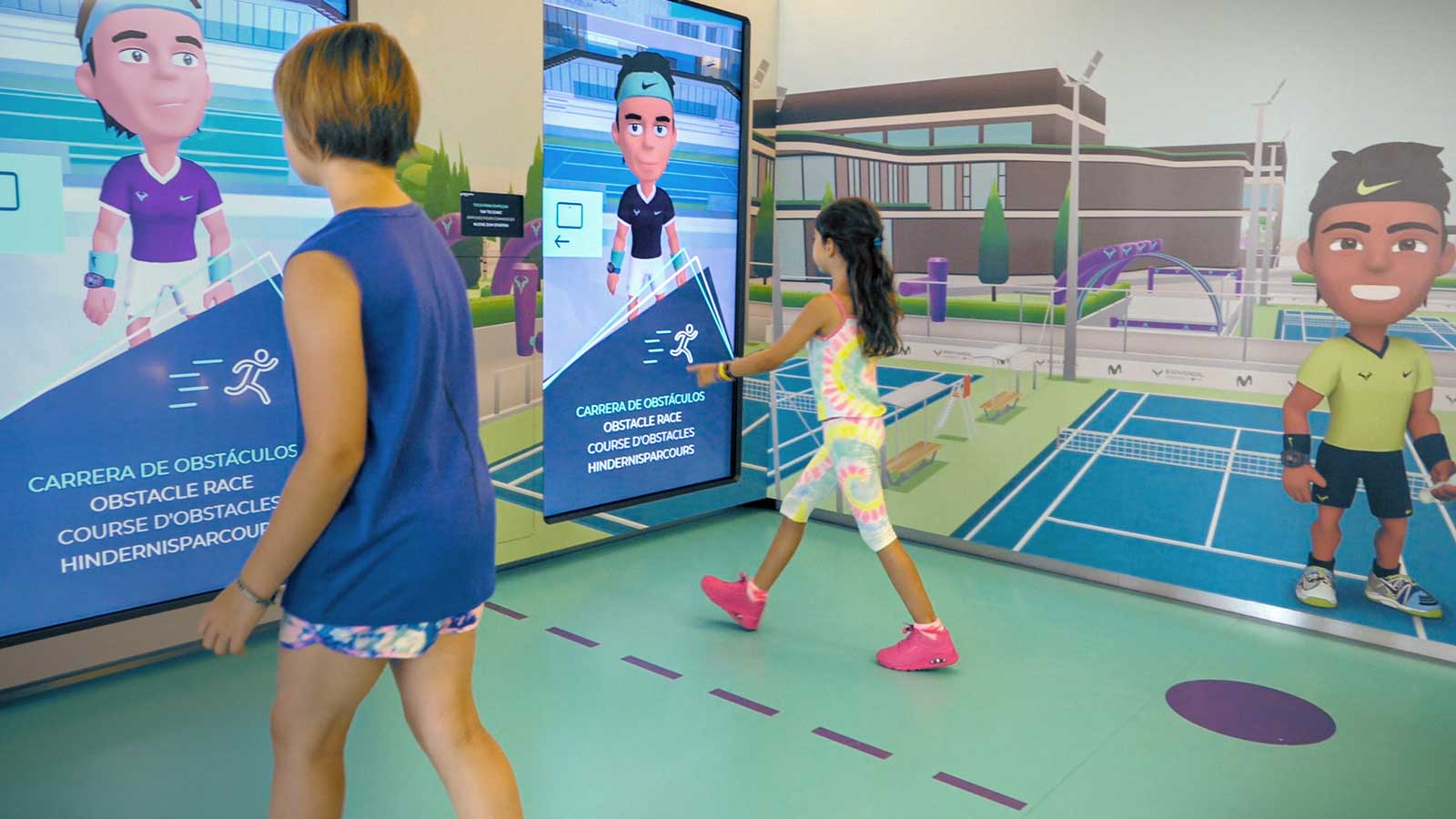4 Benefits of using Extended Reality and Big Data in tourism
4 Benefits of using Extended Reality and Big Data in tourism
The era of data has also reached the tourism sector. Thanks to the Big Data and to the advanced analyticsTourism companies are currently undergoing a profound and strategic transformation in the way they offer and optimize their tourism services.
We are at an exciting time for the tourism industry. Now, more than ever, companies can learn more about travelers' tastes, needs and behaviors.
Detecting trends, drawing conclusions in an agile way and defining much more personalized action plans. Everything for maximizing traveler experience and optimizing operational efficiency sector.
For this digital transformation of tourism companies, it is necessary that the Big Data tool be accompanied by complementary technologies, such as artificial intelligence services, Extended Reality and Spatial Computing to make your integration as optimal as possible.
In today's article we will analyze the main benefits of using Big Data in tourism. In addition, we will see how it is not only important to analyze the data, but also to know how to get it, where interactive experiences and Extended Reality Gamification play a key role in connecting with users.
Transformation of the tourism sector through Big Data
Big Data in tourism is a major revolution. It is transforming radically change how companies understand and interact with their customers. Advanced data and dashboards present an opportunity for tourism companies to analyze huge data sets.
From online bookings and user reviews to social media interactions and travel and flight trends. Everything to get a complete and real-time view of travelers' behavior and preferences.
This valuable information enables unprecedented personalization of services, optimization of supply and better demand management. Big Data also facilitates the trend forecasting and rapid adaptation to market changes, resulting in more informed decisions and more effective tourism marketing strategies.
This interaction with the user is greatly benefited by the incorporation of new interactive and immersive travel experiences. Experiences that invite users to actively participate and connect with the tourism company. Turning Extended Reality into a key technology to interact with users in an effective, original and non-intrusive way.
Surprising technological experiences such as diving among the fish, petting elephants or teleporting to an erupting volcano, as in the latest experience from Spatial Computing developed by Imascono in the tourism field.
4 surprising benefits: Big Data and Extended Reality in tourism.
The union of Big Data and interactive Extended Reality experiences allows for the creation of a new interaction between brands and users where new and interesting volumes of data are generated that help to optimize and personalize the strategies of engagement in the tourism field.
New ways of interacting with travelers, which can be summarized as follows 4 main benefits of Big Data in tourism, powered by XR experiences:
Increasing new business opportunities in tourism
Both the development of interactive XR experiences for users and the collection of a large volume of high-value data. Both actions enable tourism companies to open up new business opportunities by focusing on the customer experience. Seeking new ways to connect with travelers, understand users and personalize travel offers and experiences.
An example of these new business opportunities can be found in the following areas Exclusiversethe virtual space of the Exclusive Traveler Clubwhich opens its memberships to the digital world.
Through its virtual headquarters, the traveler's club offers a much more direct communication; it creates a community space between partners from all over the world and also collects all the behavioral information of users. Thus, it knows which areas are most visited, which memberships are the most consulted and the countries of origin of all virtual visitors, among other data.
Improved decision making
When working with data, it is not only important to know how to identify and filter the best sources. It is also vital to know how to turn that data into relevant information, that information into high-value knowledge, and that knowledge into decisions that help the company advance its business..
Thus, the Big Data enables tourism companies to analyze large volumes in depth of consumer and market data, identifying key trends and preferences that inform your strategic decisions.
A improved decision making also for the tourists themselvesas is the case, for example, with the interactive project of Cervantes IA. A hyperrealistic virtual avatar of Miguel de Cervantestrained with different sources and data, which serves as a tour guide to accompany visitors to Alcazar de San Juan (Castilla La Mancha).
With this example of big data in tourism, through the avatar equipped with Artificial Intelligencetourists receiveCervantes' own recommendations and advice. Forever changing its interaction with the culture and tourist spot of the area.
You may be interested in → Artificial Intelligence in tourism: characteristics and examples.
Increased customer satisfaction
Now more than ever, the customer satisfaction plays a key role in tourism. Recommendations, opinions and travel trends determine whether a destination is attractive or not, in addition to the activities and tourist experiences it offers.
In pursuit of this objective, Big Data applied to tourism allows us to keep track of the more personalized and deeper control of travelers' needs and behaviors, analyzing at both the macro and micro levels.
All based on data that can come from the web, from social networks or from the interactive Extended Reality experiences. Where, through gamified challenges, interactive games or AR AppsIn this way, users share their tastes and preferences with attractive, unobtrusive actions where the real protagonists are the travelers.
As in the Rafa Nadal Museum in Manacor, where the different phygital experiences They represent a new and attractive point of contact with visitors, who interact with the brand and share their data and opinions while having fun and participating in different rankings and sweepstakes.
As we are seeing in this article, Big Data and Extended Reality are two powerful tools for collecting user information and managing all that data. If, in addition, we incorporate the latest in Artificial Intelligence, we can take advantage of all that knowledge to personalize the tourist experience in real time. By adjusting offers, communications and interfaces precisely and taking into account the individual needs and wishes of each customer.
Among the projects already underway that unite Big Data, Artificial Intelligence y creative XR experiences like Cicerone. The AI robot of iUrban which is also a travel agent and can customize tourist offers and proposals in more than 95 languages.
You can to learn more about this topic at Smart destinations, what are they and what are their characteristics?.
Challenges and opportunities of Big Data for tourism
The introduction of Big Data in the tourism industry poses a number of challenges and opportunities for companies in the industry. Focusing the business on customer/traveler data is a challenge at a global level. methodology and business organization, since requires a great ability to collect and analyze large volumes of data, preferences and behaviors in real time. Being, in addition, able to provide optimal responses, with the design of customized offers, anticipating market trends and optimizing resources.
In addition, Big Data facilitates the identification of new market niches y expansion opportunitiesThis can translate into strategic growth for tourism companies that know how to take advantage of this information.
On the other hand, the management and analysis of large datasets requires significant investments in technology and specialized talentThis can be a barrier for small and medium-sized companies in the sector.
The privacy and data security The data and customer data also represent a major challenge for tourism companies in terms of data governance, storage and access to the personal information that is stored. It is therefore important to always count on technological partners that help tourism companies to work with and store these user data.
Discover our value proposition of analytics and dashboards in the XR experiences.
and, above all, to obtain this information from the most reliable sources.The most complete and with the greatest impact for the company.
In this regard, the Extended Reality experiences applied to the tourism sector offer an attractive and fun way to interact with the brand. Sharing information about the tastes, interests and particularities of each consumer that would otherwise not be possible.
At Imascono In this regard, we are committed to incorporating Smart Data to our XR experience developments. Transforming user interactions into advanced analytics dashboards, with heat maps, phygital interaction points, detailed provenance analysis...
All for convert large volumes of data into organized, processed and refined information that is directly applicable and valuable to business decision-making processes.
Do you want to go one step further in the introducing Big Data into your business? Contact our team and we will help you incorporate dashboards and analytics into all your customer interactions.




